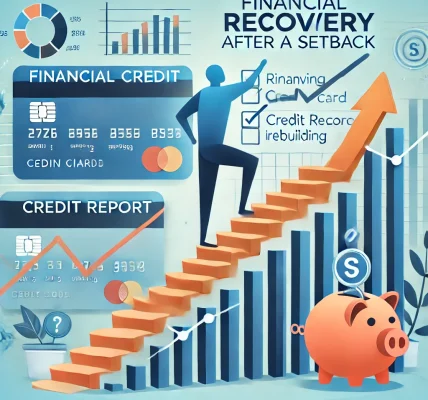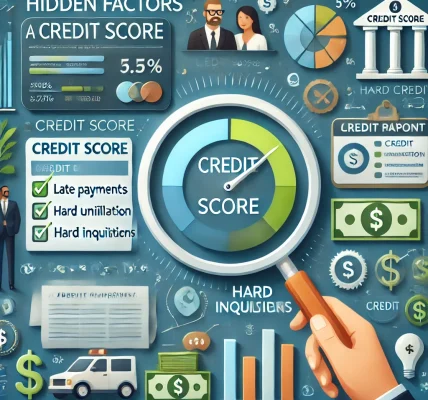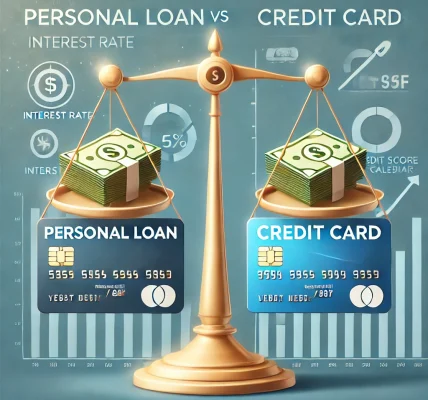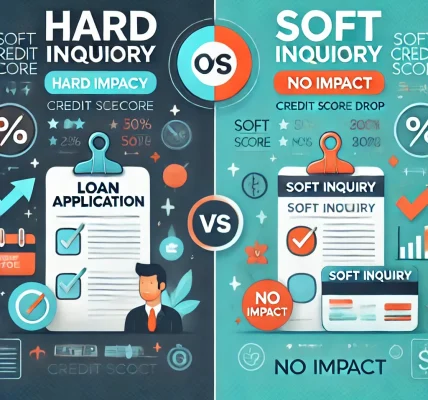Debt settlement is the process of negotiating with creditors or debt collectors to reduce the amount of debt that you owe. Instead of paying the full balance, you work out a deal to pay a reduced lump sum or a series of payments. In some cases, creditors may agree to accept less than what you owe in exchange for clearing the debt.
While this may sound appealing, it’s important to understand that debt settlement doesn’t erase your debts outright. Instead, it aims to minimize your liabilities, and it may involve some negotiation, typically through a debt settlement company or attorney.
How Does Debt Settlement Work?
Debt settlement usually involves the following steps:
- Assessing Your Debt Situation
Before beginning the settlement process, it’s crucial to assess the total amount of debt you owe. This could include credit card balances, medical bills, personal loans, or other unsecured debts. Creating a list of all your creditors and their outstanding amounts will help you gain a clear understanding of your financial situation. - Choosing the Right Debt Settlement Option
There are generally two routes for debt settlement:- DIY Debt Settlement: If you have the time and confidence, you can handle negotiations with creditors on your own. This involves contacting each creditor and trying to negotiate a lower settlement amount.
- Using a Debt Settlement Company: Debt settlement companies specialize in negotiating with creditors on your behalf. While they may charge fees, they can be a good option for people who lack the time or expertise to negotiate on their own.
- Negotiating with Creditors
In debt settlement, the goal is to reach an agreement with creditors to pay less than the total amount owed. Creditors may agree to this because they understand that recovering a portion of the debt is better than receiving nothing at all if you default. - Settling the Debt
Once a settlement amount is agreed upon, you will make a lump sum payment or a series of smaller payments. After the debt is paid off, the creditor will mark the debt as “settled” on your credit report, and the debt is considered resolved.
Types of Debt That Can Be Settled
Debt settlement is primarily used for unsecured debt, which includes:
- Credit Card Debt: Credit card debt is one of the most common types of debt that individuals attempt to settle. Due to high-interest rates, credit card balances can quickly spiral out of control.
- Medical Bills: Many individuals face overwhelming medical debt due to unexpected healthcare costs. Debt settlement can help reduce medical debt that you may struggle to pay.
- Personal Loans: Personal loans without collateral can often be negotiated for a settlement if you are unable to repay the full amount.
- Unpaid Utility Bills: Some utility companies may be willing to accept a settlement if the debt is overdue and collection efforts are in progress.
However, debt settlement is not typically an option for secured debts like mortgages or car loans, as the creditor can repossess the property or asset that is securing the loan.
Pros of Debt Settlement
- Reduced Debt Amount
The most obvious benefit of debt settlement is that you can potentially reduce the amount you owe. In some cases, creditors may agree to settle for 30-50% of the total debt. - Avoid Bankruptcy
Bankruptcy is often considered a last resort. Debt settlement allows you to avoid the long-lasting consequences of a bankruptcy filing and the damage it can cause to your credit score. - Single Payment or Easier Payments
Instead of continuing to make multiple monthly payments, a settlement may allow you to pay off the debt with one lump sum or a manageable set of payments. - Prevents Legal Action
If you’re facing aggressive debt collection practices, including lawsuits or wage garnishments, debt settlement can provide a way to resolve your debt before it escalates to legal action.
Cons of Debt Settlement
- Impact on Your Credit Score
While debt settlement may help reduce your outstanding debt, it could significantly hurt your credit score. A settled debt may be reported as “settled for less than the full amount,” which could be a red flag for future creditors. - Upfront Fees
Debt settlement companies often charge fees for their services. These can be expensive and might not always result in a favorable settlement. It’s important to carefully research and understand any fees before signing up. - Possible Tax Consequences
If a creditor forgives a portion of your debt, that forgiven amount may be considered taxable income. You could end up owing taxes on the amount that was forgiven. - No Guarantees
There’s no guarantee that creditors will agree to a settlement. Even if you are negotiating through a debt settlement company, creditors are not obligated to accept your offer. If they do not agree, you may still end up facing legal consequences or wage garnishment.
Is Debt Settlement Right for You?
Debt settlement may be an attractive option if you’re overwhelmed by debt and unable to make regular payments. However, it’s not always the best solution for everyone. Before considering debt settlement, weigh the pros and cons carefully and evaluate your financial situation.
Here are some factors to consider:
- Your ability to make lump sum payments: Debt settlement requires you to come up with a significant amount of money to pay off the debt. If you’re unable to do so, this may not be the right option.
- Your current credit score: If your credit score is already low, the negative impact of debt settlement may not be as significant. But if your credit is still in good shape, the damage caused by debt settlement could hurt your financial future.
- Your willingness to negotiate: If you prefer not to handle the negotiations yourself, using a debt settlement company may be a good option.
Alternatives to Debt Settlement
Debt settlement isn’t the only solution for dealing with debt. Consider these alternatives:
- Debt Consolidation: Debt consolidation involves combining multiple debts into one loan with a lower interest rate. This can make it easier to manage payments without drastically harming your credit score.
- Debt Management Plans (DMP): A DMP allows you to work with a credit counseling agency to negotiate lower interest rates and consolidate your debt payments into one monthly payment.
- Bankruptcy: If your debt is overwhelming and settlement isn’t an option, filing for bankruptcy may be the best choice. However, it comes with long-term consequences for your credit.
Conclusion: Take Control of Your Financial Future
Debt settlement can offer a solution for those struggling with significant unsecured debt. However, it’s crucial to understand the potential risks and benefits before proceeding. Always make sure to evaluate all your options, including seeking professional financial advice, to ensure that you choose the best path forward for your unique situation.




